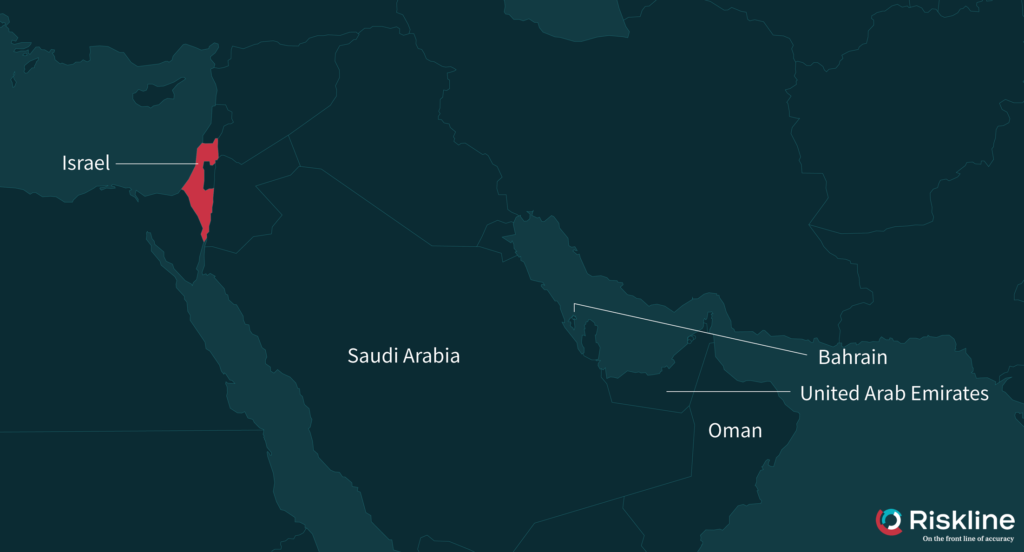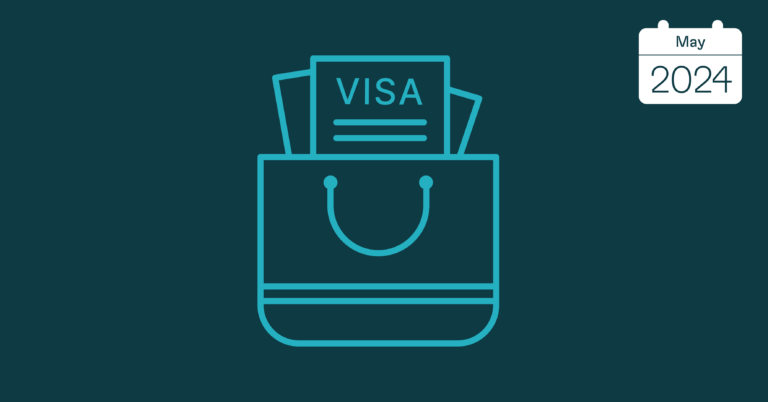For decades Israel has maintained clandestine relations with a number of Gulf Arab monarchies despite having no formal relationships and the latter’s unwillingness to recognise Israel as a state. However, these secretive ties have been thrust into the public eye in recent times with a number of official visits, appearances and statements suggesting that relations between Israel and Gulf states – namely Saudi Arabia, the United Arab Emirates (UAE), Bahrain and to a lesser extent Oman – could be formalised in the face of shared challenges and interests. On 25 October, Israeli President Benjamin Netanyahu visited Sultan Qaboos in Oman, the first visit by an Israeli leader in over two decades; on 28 October, Miri Regev, the Israeli Minister for Culture and Sports, attended a Judo competition in Abu Dhabi where the national anthem was played, a first for Arab sporting events; on 2 November, Netanyahu condemned the killing of journalist Jamal Khashoggi but reiterated support for Saudi Arabia in the face of the larger threat of Iran. These recent developments portray the image of improved relations with the prospect of normalised ties in the future. However, despite a perceived shift in the regional geopolitical landscape and several factors which could potentially unite the two sides, the establishment of formal relations will be highly unlikely without a prior established agreement with the Palestinians.
Changes in the regional geopolitical landscape have facilitated the conditions for new opportunities and alliances between Israel and the Gulf states based on shared interests and challenges. Limiting the influence of Iran in the region is of primary concern for the leaders of Israel and Saudi Arabia and its allies due to the perceived existential threat posed by Tehran. Indeed, much of Saudi Arabia’s domestic legitimacy is based on fighting the Iranian threat. Iran’s increasing role in regional affairs, whether that be support for Hamas in Gaza, Hezbollah in Lebanon, the Assad regime in Syria, the Houthis in Yemen or the Shi’ite majority in Iraq, has also contributed to the belief that increased cooperation between Israel and the Gulf will be beneficial. The election of Donald Trump as president of the United States (US) and his subsequent policies has advanced this belief. Huge American support for Israel, as witnessed in Trump’s decision to relocate the US Embassy from Tel Aviv to Jerusalem, and his hard line against Iran has encouraged the idea of an Israel-Gulf alliance to combat Tehran.
Despite these reasons for a prospective Gulf-Israel rapprochement, public opinion in the Gulf kingdoms is traditionally pro-Palestinian. Leaders would have to overcome popular anti-Israel sentiment at home and in the wider Muslim world if they were to pursue the idea of formal relations. Any normalisation of relations would have to be established in the context of an agreement with Palestine which deals with the Israeli withdrawal from the occupied territories and the rights of Palestinian refugees, an agreement which is in itself highly unlikely. Israeli violence and expansionist policies, such as the continuous building of settlements, further complicate the idea of formal ties for Gulf leaders. Hundreds of Palestinians have been killed so far in 2018 during demonstrations along the Gaza-Israel border and renewed clashes between Israeli Defence Forces (IDF) and Hamas and Islamic Jihad (IJ) militants in recent weeks make formalising ties increasingly difficult. In such an environment increased cooperation with Israel threatens to isolate Arab leaders from their populations and embolden Iran which is likely to use the rapprochement to garner support across the wider Muslim world and boost its international image in Europe.
Public opinion in Israel points to Iran and its allies in Lebanon and Syria as the biggest threat to the Israeli state, and leaders will likely continue their efforts to improve ties with countries in the Gulf. Such a move will shift the attention and narrative away from Palestine towards Iran and this strategy could be used to bolster its international image at home and abroad as part of its public campaign to boost support for Israeli recognition. While Israel may be seeking to establish formal relations with countries in the Gulf, like those it already has with Egypt and Jordan, it would largely depend upon progress in peace talks with Palestine which appears largely non-existent based on recent events.
Israel and the Gulf states are likely to continue public overtures in the long-term, seeking to increase cooperation in a number of areas while attempting to manage public opinion at home. The establishment of formal relations to combat Iran will be highly unlikely without being established in a wider context of advancements in the peace process with Palestine. Improved Israel-Gulf relations, both perceived or actual, will exacerbate tensions with Iran and provide Tehran with opportunities to champion the Palestinian cause and gain support and influence across the Muslim world.















